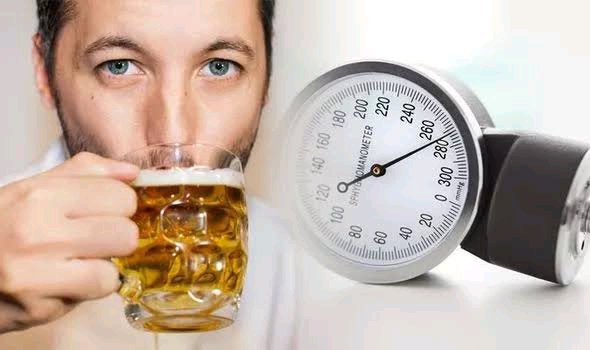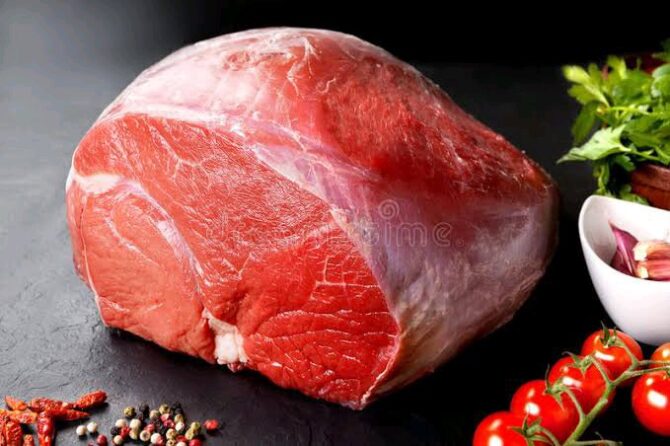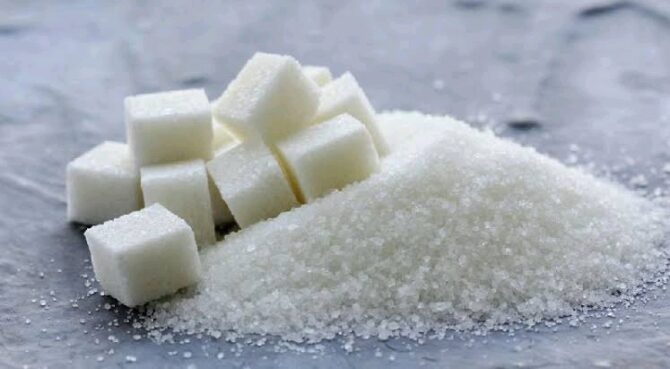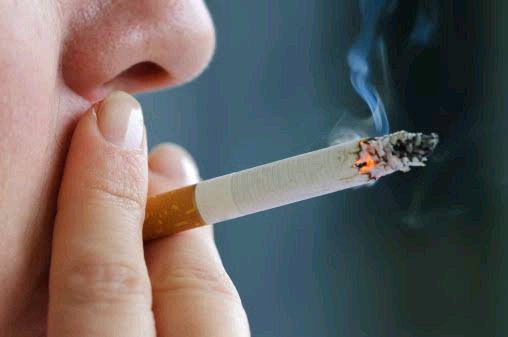Blood Cancer: 4 Foods to avoid
Your blood is made up of liquid and solids. The liquid part, called plasma, is made of water, salts, and protein. Over half of your blood is plasma. The solid part of your blood contains red blood cells, white blood cells, and platelets. Red blood cells (RBC) deliver oxygen from your lungs to your tissues and organs.
Blood is very essential of which humans beings can’t live without it. Without blood, the body’s organs couldn’t get the oxygen and nutrients they need to survive, we couldn’t keep warm or cool off, fight infections, or get rid of our waste products. Without enough blood, we’d weaken and die.
Blood cancer is known as leukemia and it kills, but it depends on the type of leukemia, the extent of the disease, the age of the patient, and the general condition of the patient. Patients with leukemia may ultimately die due to multiple infections (bacteria, fungal, and/or viral), severe nutritional deficiencies, and failure of multiple organ systems.
Blood cancer occurs from our daily consumption and to avoid this cancer, you need to limit intake of these 4 foods:
1. Alcohol

Alcohol can interfere with the healthy production of white blood cells, red blood cells, and platelets in your bone marrow. For patients with blood and marrow cancers, such as leukemia, lymphoma, and myeloma, bone marrow function may already be strained as a result of their disease.
2. Red meat

Research shows that eating too much red meat can increase your risk of colorectal cancer. Some evidence suggests that excess red meat can increase the risk of pancreatic and prostate cancer as well.
3. Sugar

Blood cancer risk may be related to how your body responds to sugar. If you eat sugar-rich foods all by yourself, especially if you are insulin-resistant, there is a greater spike in your blood sugars.
4. Smoking

Cigarette chemicals make it harder for cells to repair any DNA damage. They also damage the parts of DNA that protect us from cancer. It’s the build-up of DNA damage in the same cell over time that leads to cancer.








